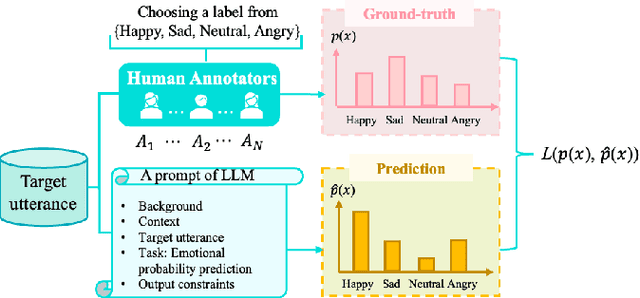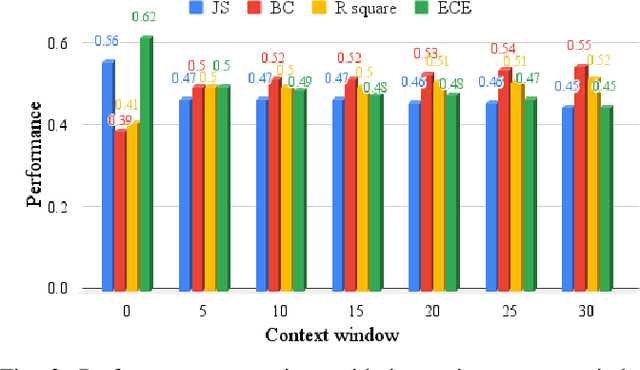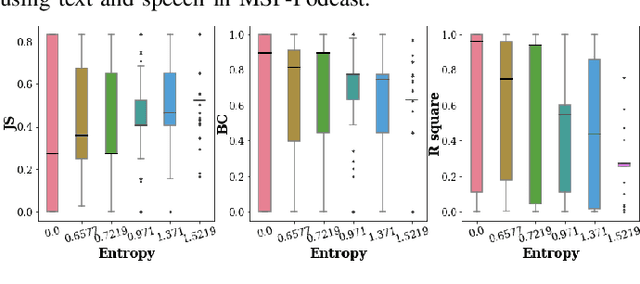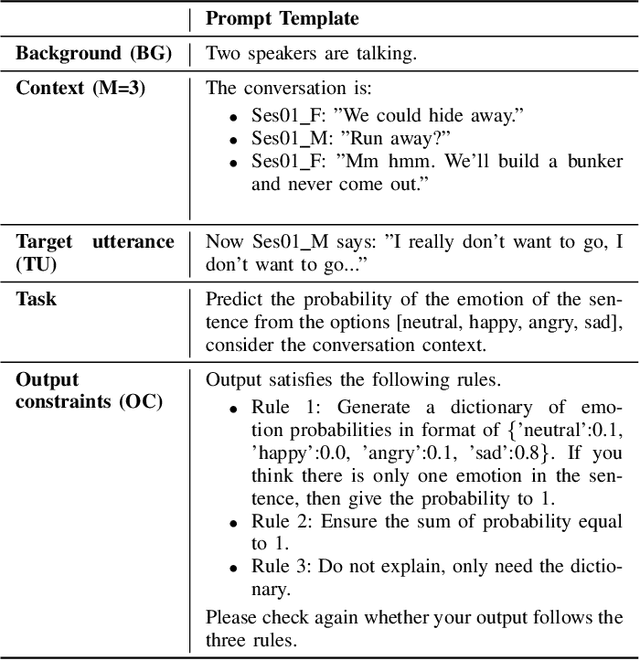AER-LLM: Ambiguity-aware Emotion Recognition Leveraging Large Language Models
Paper and Code
Sep 26, 2024



Recent advancements in Large Language Models (LLMs) have demonstrated great success in many Natural Language Processing (NLP) tasks. In addition to their cognitive intelligence, exploring their capabilities in emotional intelligence is also crucial, as it enables more natural and empathetic conversational AI. Recent studies have shown LLMs' capability in recognizing emotions, but they often focus on single emotion labels and overlook the complex and ambiguous nature of human emotions. This study is the first to address this gap by exploring the potential of LLMs in recognizing ambiguous emotions, leveraging their strong generalization capabilities and in-context learning. We design zero-shot and few-shot prompting and incorporate past dialogue as context information for ambiguous emotion recognition. Experiments conducted using three datasets indicate significant potential for LLMs in recognizing ambiguous emotions, and highlight the substantial benefits of including context information. Furthermore, our findings indicate that LLMs demonstrate a high degree of effectiveness in recognizing less ambiguous emotions and exhibit potential for identifying more ambiguous emotions, paralleling human perceptual capabilities.
 Add to Chrome
Add to Chrome Add to Firefox
Add to Firefox Add to Edge
Add to Edge